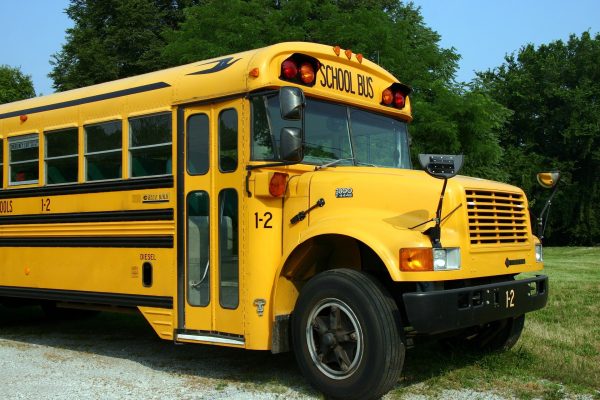Despite fiery opposition, a school district in Pennsylvania approved a new policy to challenge books with “sexualized content” and ensure students are reading “age-appropriate material”.
Top Stories
- New York Voter Delivers Two-Word Response When MSNBC Asks If ‘Threat To Democracy’ Attack On Trump Resonates October 28, 2024
- ‘Show Me The Quote!’: JD Vance Fires Back At Tapper After 5-Minute Grilling On Trump’s Alleged Comments October 27, 2024
- Watch What Harris Says About Handling Internal Polls As Election Nears October 27, 2024
- Harris Made Intel Agencies Sift Through Years Of Docs Ensuring Similar Adjectives Were Used To Describe Both Genders October 25, 2024
- Anti-Trump Journalist Claims Dem ‘Outrage’ Over Trump MSG Rally ‘Misses’ Point, Predicts Most ‘Diverse’ GOP Base Ever October 28, 2024

